Video games often mirror traditional storytelling structures, promising triumphant heroes vanquishing villains in satisfying conclusions. Yet in their most powerful moments, they shatter these expectations with devastating losses that linger in players' minds like emotional ghosts. These narratives force us to confront uncomfortable truths about sacrifice, consequence, and the brutal unpredictability of existence. 😔 By denying players conventional victories, these games achieve something remarkable - they transform digital experiences into profound meditations on the human condition, leaving us haunted by the weight of failure long after controllers are set down.
Life Is Strange: A Symphony of Sorrow
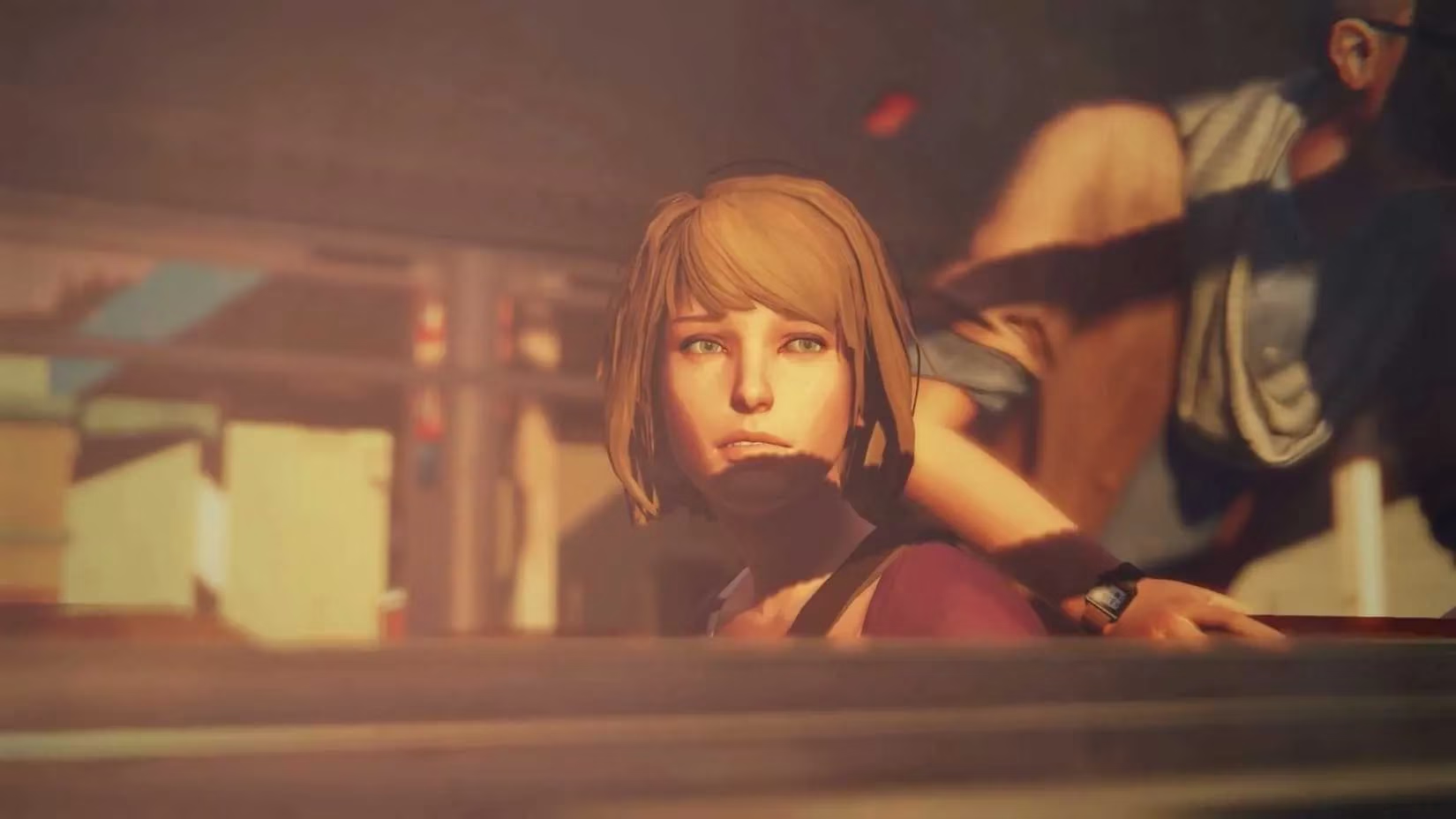
Max Caulfield's time-bending journey through Arcadia Bay remains etched in memory as a masterclass in emotional devastation. That gut-wrenching finale forces an impossible choice where victory becomes meaningless - preserve Chloe's life and witness the town's annihilation, or sacrifice your soulmate to maintain the timeline. 💔 Either path leaves Max utterly broken, a poignant reminder that some wounds never heal. The lingering melancholy feels like rain-soaked memories years later, proving that true loss isn't about monsters but about the irreversible consequences of love.
The Walking Dead: Lee's Last Lesson
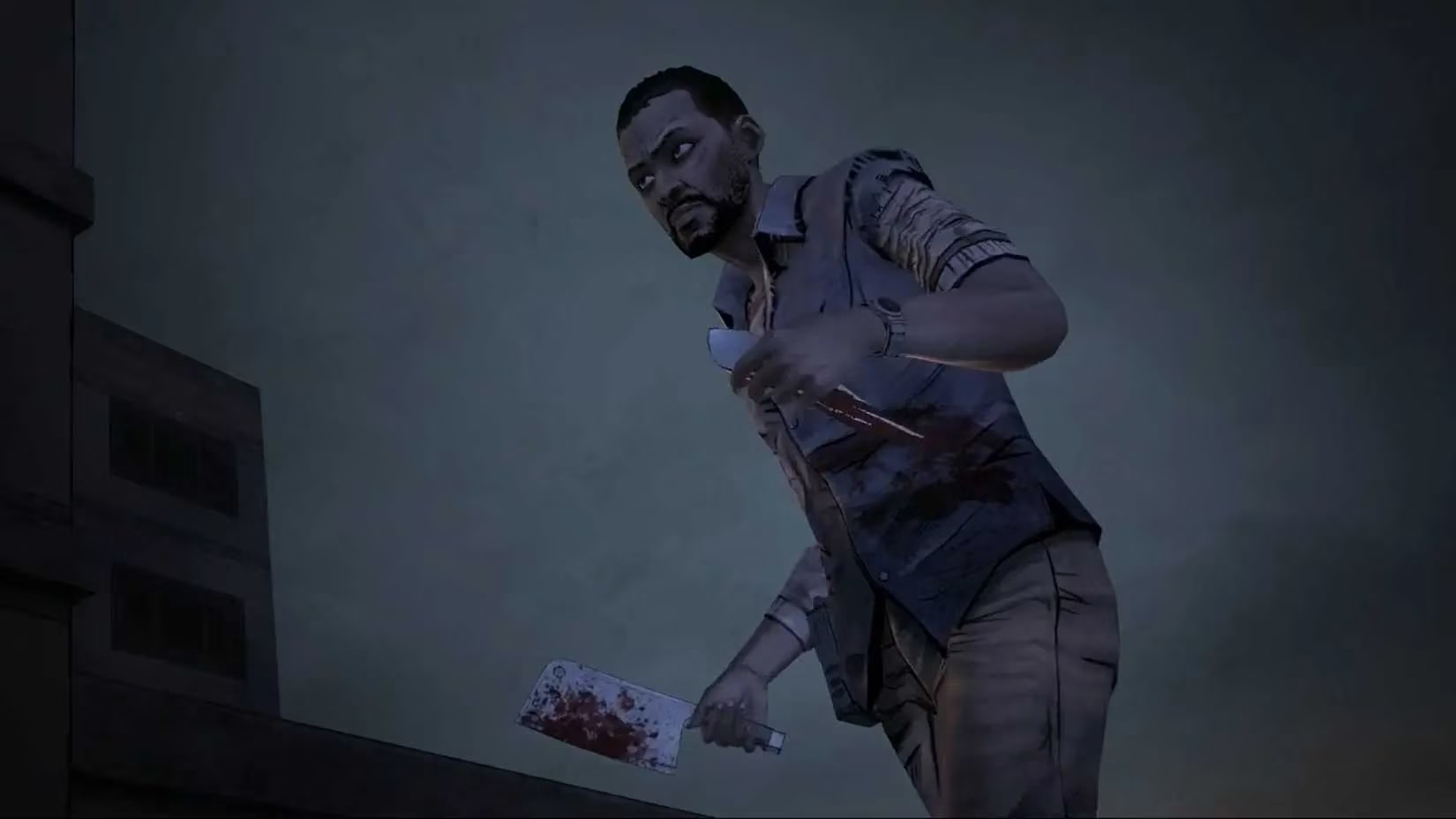
TellTale's masterpiece weaponizes hope against players. No matter how meticulously you navigate the zombie apocalypse, Lee Everett's fate remains sealed - bitten, decaying, leaving Clementine with nothing but survival skills and trauma. That final conversation where Lee fades while comforting Clem? Soul-crushing. 😭 You can practically feel the sticky Georgia heat and smell death approaching as choices collapse into inevitability. Clementine's trembling voice asking "Will I see you again?" still echoes, a testament to how games can make loss feel intensely personal.
The Last of Us Part II: Hollow Victory
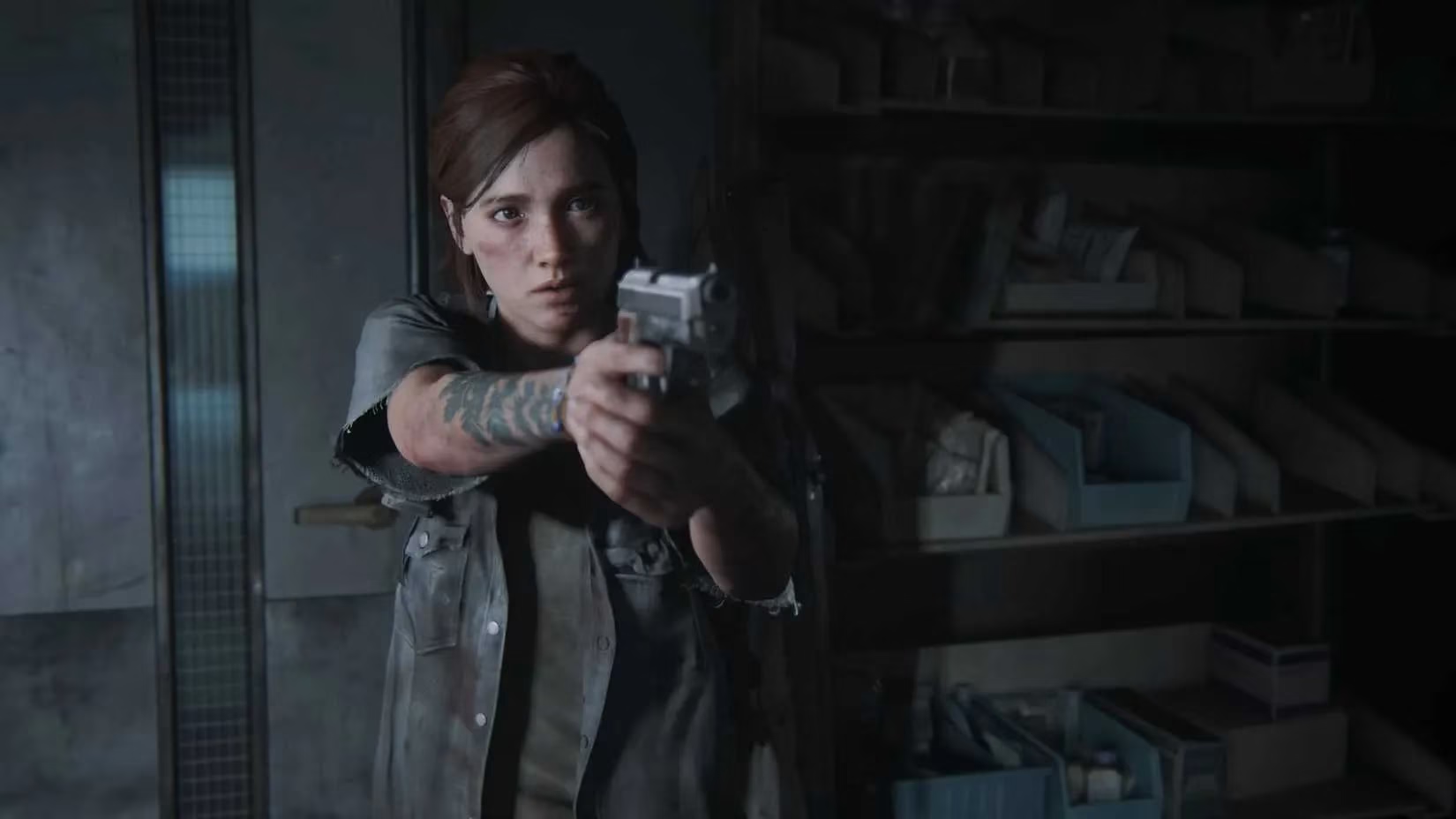
Ellie's descent into vengeance-fueled madness culminates in gaming's most emotionally exhausting finale. Her pyrrhic "triumph" leaves fingers severed, loved ones abandoned, and humanity extinguished. That haunting final shot of her empty hands unable to play guitar? Devastating. 🎸 The taste of saltwater mixes with blood in your mouth as you realize she's become the monster she hunted. Naughty Dog forces players to sit with the uncomfortable truth: some battles leave everyone broken beyond repair.
| Game Title | Year | Hero's Sacrifice | Emotional Toll |
|---|---|---|---|
| Life Is Strange | 2015 | Chloe or Arcadia Bay | Soul-crushing choice |
| The Walking Dead | 2012 | Lee's life | Protective loss |
| The Last of Us Part II | 2020 | Ellie's humanity | Existential emptiness |
Knights of the Old Republic II: Star-Crossed Exile
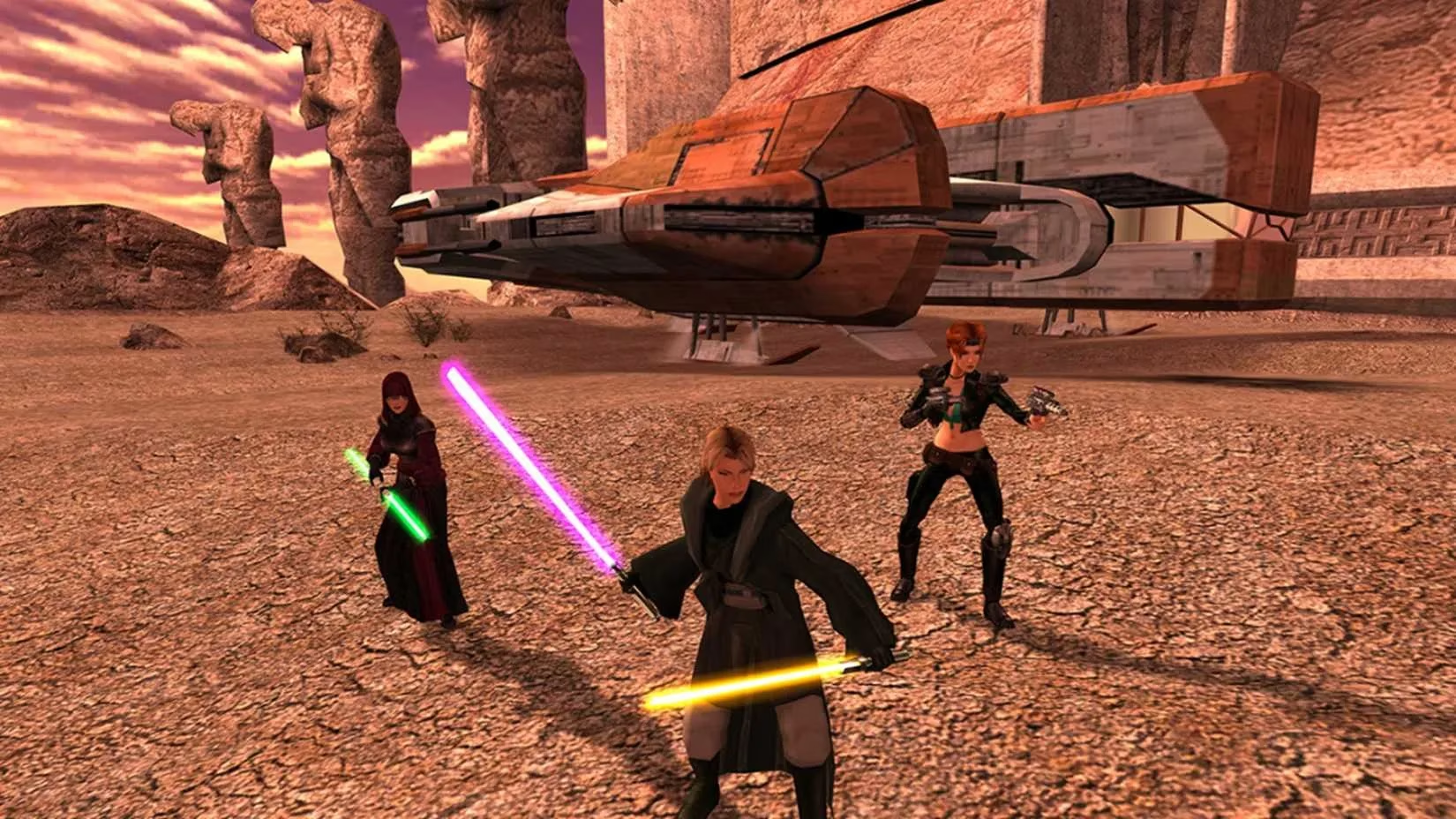
Obsidian's rushed masterpiece offers Jedi Exile two equally bitter conclusions. Choosing darkness? You rule Malachor V as a Sith Lord surrounded by dead companions. Choosing light? You abandon everyone to wander unknown regions. Both paths taste like ashes. The game's haunting soundtrack still triggers phantom pains of abandonment years later, proving that in war's aftermath, survival often means becoming what you fought against.
Conker's Bad Fur Day: Royal Misery

Beneath the crude humor lies gaming's most nihilistic punchline. After losing Berri and friends, Conker sits drunkenly on a throne of emptiness. That final shot of his hollow eyes? More terrifying than any horror game. 👑 The absurdity makes the despair cut deeper - you laugh until you realize the joke's on everyone. His crown becomes a gilded cage, a reminder that success without meaning is the ultimate defeat.
Resident Evil 3: Ashes of Raccoon City
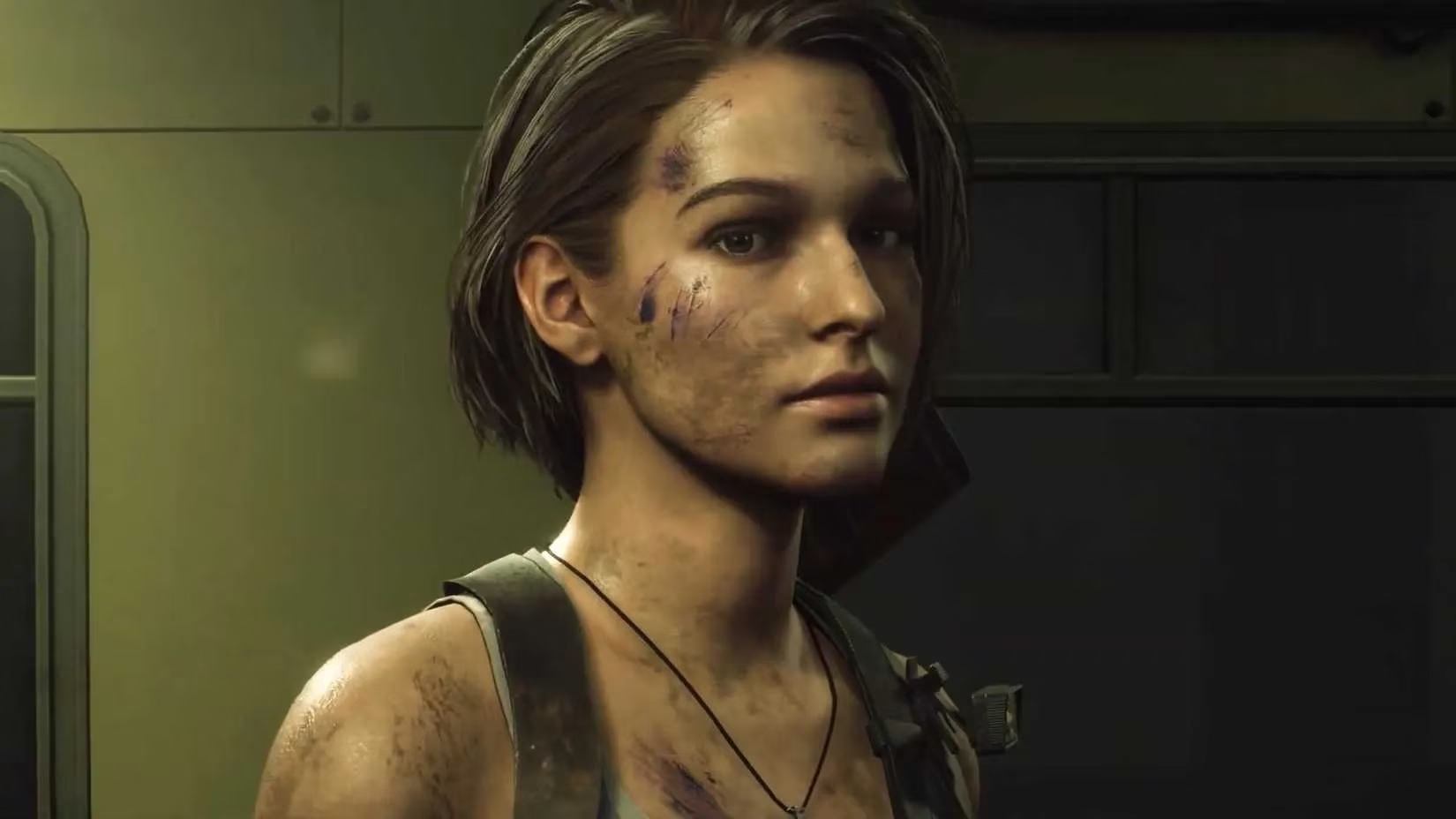
Jill Valentine's escape from Nemesis feels like winning a battle during armageddon. The helicopter flight over the nuked city? Chilling. 💥 You can almost taste the radioactive ash as she realizes survival means carrying unthinkable trauma. Every subsequent appearance of Jill carries this invisible weight - a reminder that sometimes heroes survive but never truly escape.
Max Payne: Noir Nightmare
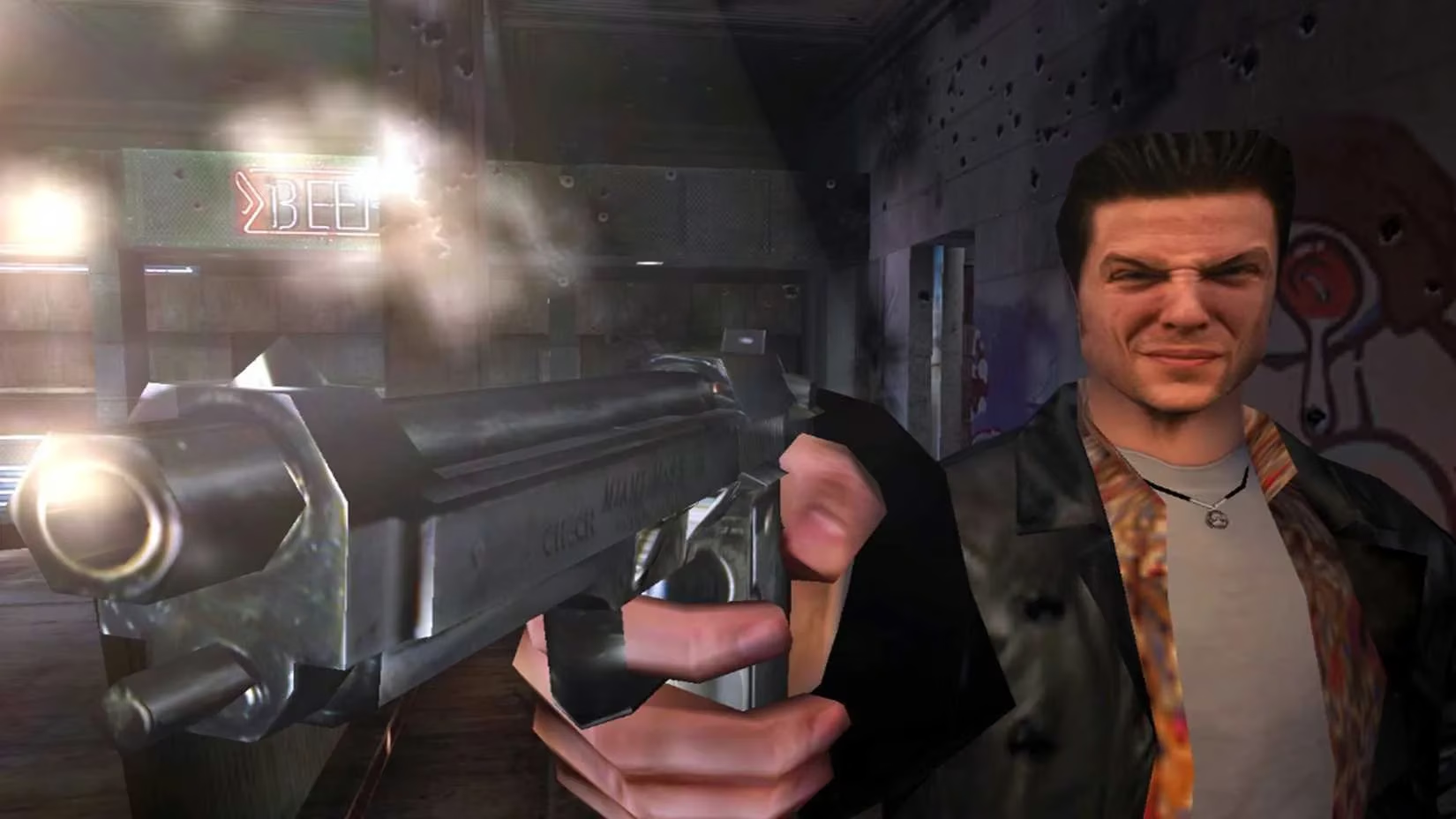
Max's "victory" sees him handcuffed and vilified, his vengeance complete but his soul destroyed. Those final rainy shots of him surrendering? Pure noir poetry. ☔ The whiskey-soaked narration still resonates: "I had a dream of my wife. She was dead. But it was all right." Rockstar captures the crushing truth that in corrupt worlds, justice often means becoming the villain society needs.
Red Dead Redemption: Sunset Sacrifice
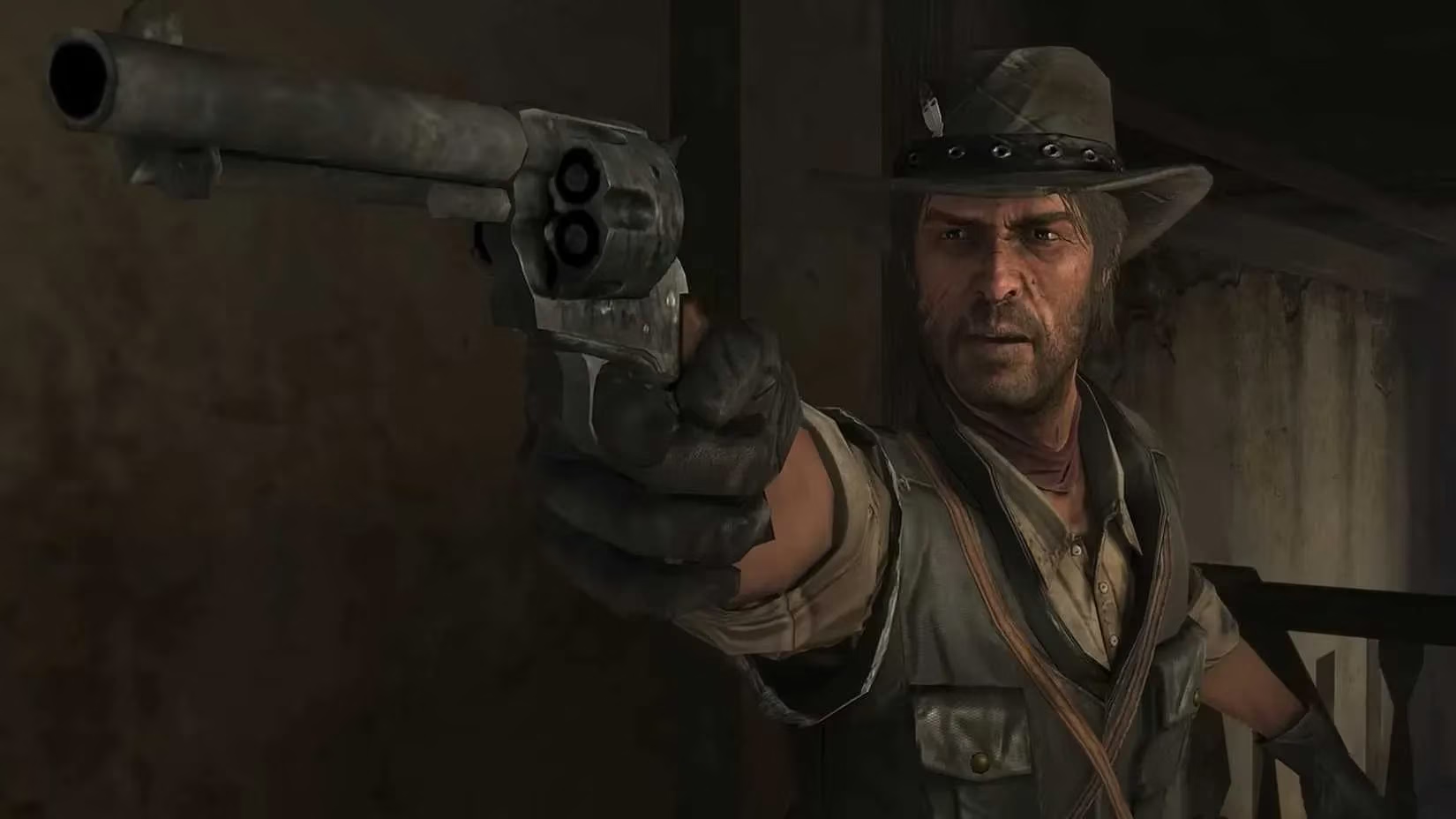
John Marston's barn standoff remains gaming's most Shakespearean tragedy. His hard-earned redemption earns only bullets and betrayal. That final breath looking at his family's photo? Heart-stopping. 🤠 The prairie wind seems to whisper that the west wasn't tamed - it just exchanged outlaws for bureaucrats. John's legacy proves that sometimes doing everything right still gets you dead.
Half-Life 2: Frozen Despair
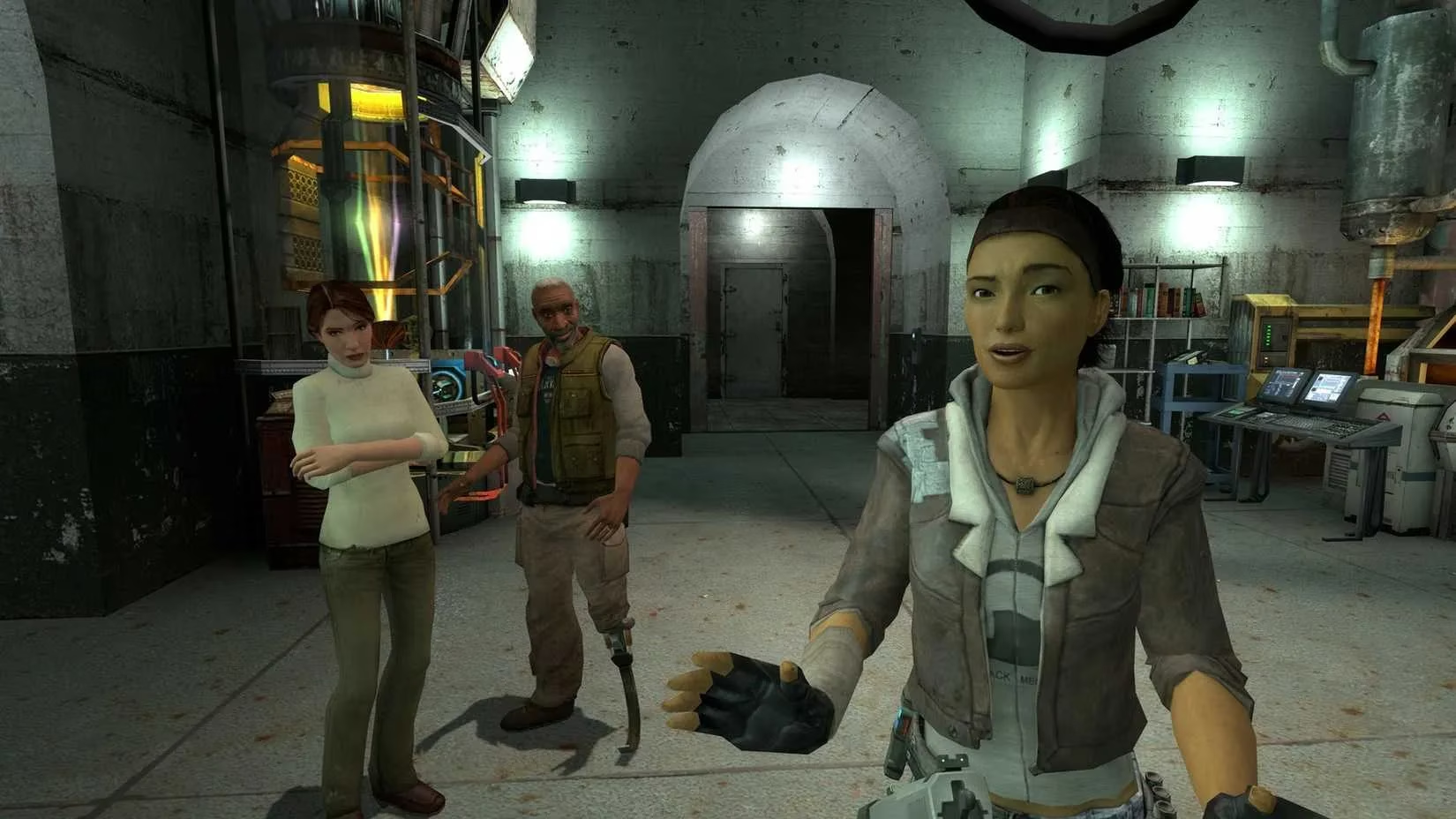
Gordon Freeman's forced stasis after Alyx's capture feels like suffocating mid-scream. The G-Man's smug narration? Crueler than any Combine torture. ❄️ That fade to black leaves players trapped in perpetual uncertainty - a brilliant metaphor for powerlessness. Decades later, the unresolved tension still knots stomachs, proving that limbo can be more painful than defeat.
Metal Gear Solid 2: Patriots' Triumph
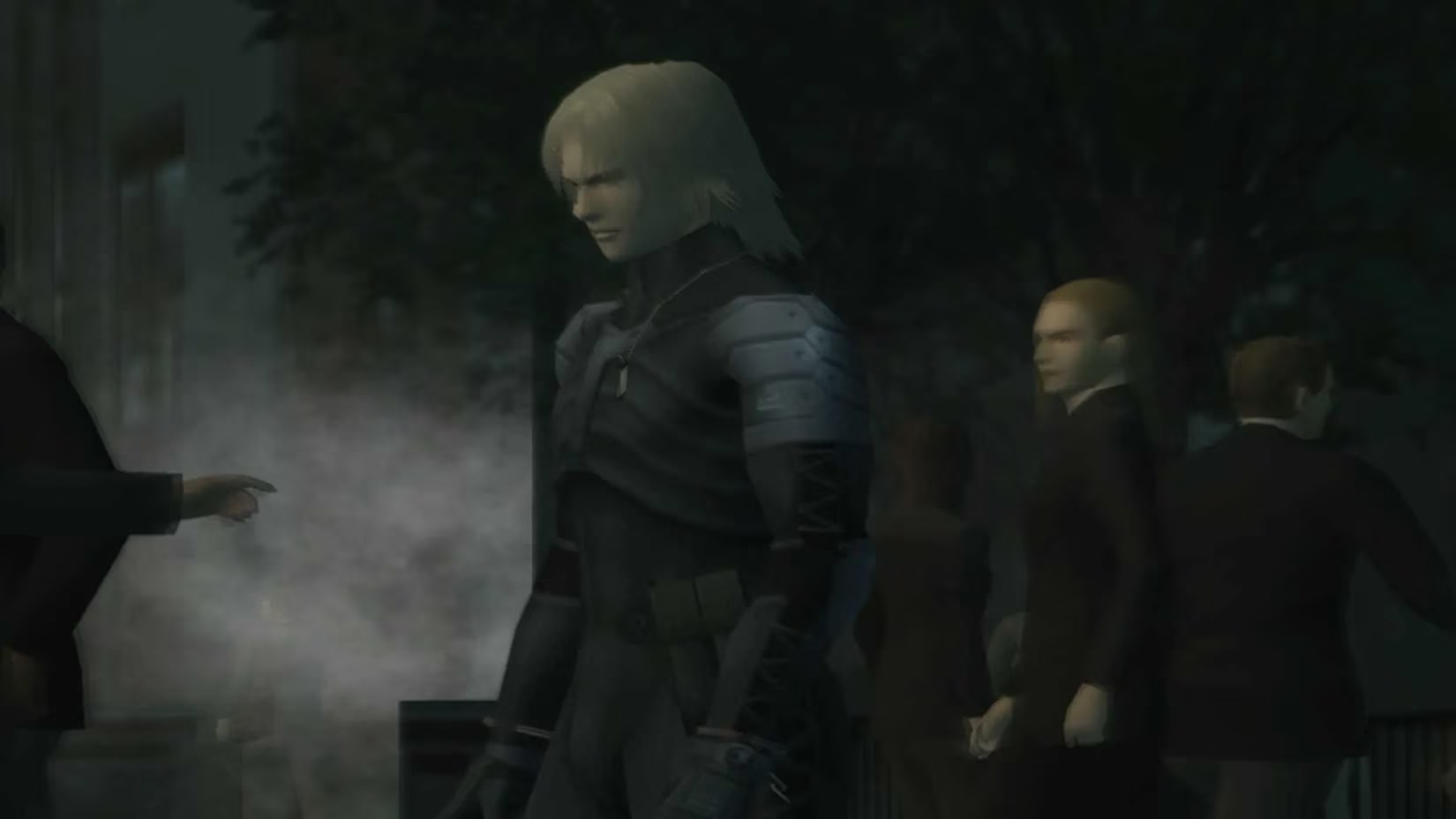
Raiden's physical victory masks spiritual annihilation. The Patriots' escape into digital shadows? Chillingly prescient in 2025's AI-dominated landscape. 🕵️♂️ That final monologue about memes and control still echoes through modern conspiracy theories. Kojima understood that the scariest villains don't need conquest - they make you question reality itself.
As gaming evolves through 2025, these stories remain cultural touchstones precisely because they reject comforting lies. The lingering ache from Max's handcuffs, Ellie's empty farmhouse, and John Marston's final sunset teach us that the most powerful victories aren't about conquering villains - they're about enduring the unbearable weight of existence. These heroes' losses become our emotional inheritance, transforming pixels into permanent scars on our collective consciousness.
Comments